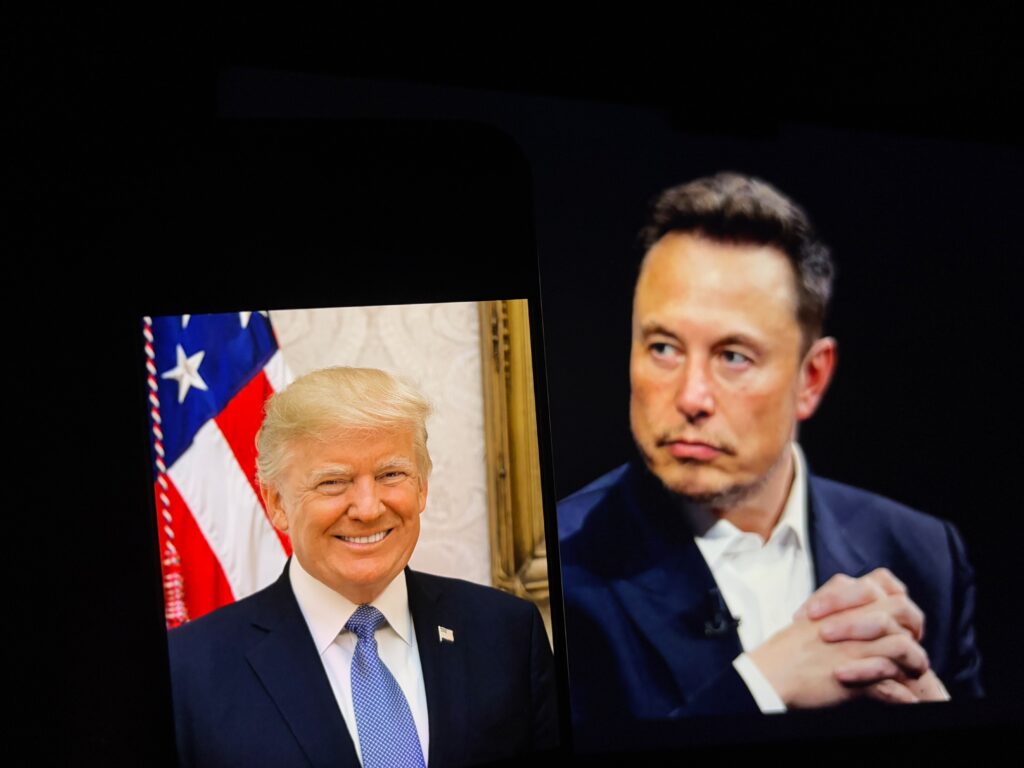In November 2022, days after Elon Musk took over Twitter, employees received an email titled “A fork in the road.” Now, federal workers have received a similar memo with the same subject line.
The Ultimatum: Hardcore Commitment or Exit
The Twitter email gave workers a choice: commit to “exceptional performance” and work “extremely hardcore,” or leave. On Tuesday, federal employees received a nearly identical memo. It asked them to commit to “excellence” and traits like being “reliable, loyal, and trustworthy” or take a buyout and resign.
The wording reveals Musk’s influence. Now a top advisor to President Donald Trump with an office in the White House, Musk appears to be applying his Twitter strategy to the federal government. This move raises concerns about whether the government could quickly downsize like a tech company—and whether it will face consequences similar to Twitter’s, including broken systems and decreased value.
“The federal spending freeze feels eerily familiar,” said Lara Cohen, Twitter’s former global head of marketing, in a Threads post Tuesday. Cohen, who left after Musk’s takeover, warned that a similar approach in government could cause severe harm. “At Twitter, they shut down everything without understanding operations. This is the country, not a social media company—it will cause irreversible damage.”
Musk and Trump’s Downsizing Vision
During his campaign, Musk often discussed shrinking the federal government. His role in rolling out Tuesday’s buyouts, through his leadership of the Department of Government Efficiency (DOGE), underscores his involvement.
William Klepper, a management professor at Columbia Business School, explained Trump’s alignment with Musk’s plan. “Trump comes from a reality show background, where firing people is part of the script,” Klepper said. However, he emphasized that business tactics don’t necessarily work in government. “Businesses aim to deliver more value than competitors and achieve profitability. Government, however, serves constituents by offering valuable programs and services.”
White House press secretary Karoline Leavitt deflected questions about Musk’s role in the buyouts. Instead, she highlighted Musk’s productivity at DOGE. On Wednesday, Musk posted on X: “Downsizing government is the most popular issue by far!” His post cited a Reuters/Ipsos poll showing public support for eliminating government diversity, equity, and inclusion initiatives.
Musk’s Twitter Playbook: Chaos and Control
Before finalizing his $44 billion purchase of Twitter (now X), Musk famously entered the office carrying a sink. His takeover brought drastic changes, starting with mass layoffs. Musk laid off most employees, only to ask some to return later. He closed at least one data center, which led to platform outages and glitches. Safety teams were cut, content moderation policies dismantled, and extremists welcomed back—causing advertisers and users to leave in droves.
Twitter faced lawsuits over unpaid rent and vendor fees and investigations over illegal signs and office bedrooms. Musk’s controversial decisions, such as amplifying conspiracy theories, turned Twitter into a toxic and less reliable platform. Competing social media platforms have since gained traction, and Twitter’s value dropped by 80%, according to Fidelity.
Still, despite the harm to employees, users, advertisers, and his finances, Musk gained personal power. Over the summer, he used X to shape public opinion in Trump’s favor. With Trump’s reelection, Musk secured the president’s attention, an office in the White House, and billions of dollars in added wealth. His growing influence likely ensures that Musk will continue using his Twitter-inspired employment and layoff tactics in his federal role at DOGE.
